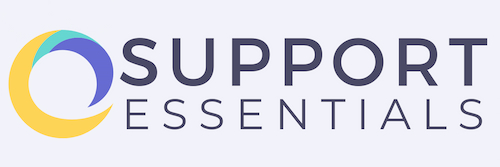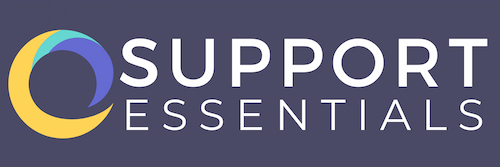A Glossary of Terms Related to Pathological Demand Avoidance (PDA)
Autism Behavioural Profile
A cluster of traits or patterns of common symptoms, characteristics, and likely behaviours within the Autism Spectrum.
Autism Spectrum Disorder (ASD)
A life-long, developmental condition that affects how people communicate and interact with the world. The term “spectrum” is used to emphasise that autism presents differently in every single person. In Australia, Autism Spectrum Disorder is a recognised disability.
Declarative Language
Using words and phrases that make a declaration or provide a commentary to a person with PDA as opposed to asking a question or making a demand.
Light Bulb Moment
The moment when a person comes across information about PDA and realises that it describes their behaviour, or their child’s behaviour, perfectly.
Low Demand Approach
Also know as a no demand approach or a demand detox
A PDA strategy originally devised by the parent of a PDA child where all (or as many as possible) demands are removed in order to eliminate all triggers of anxiety, overwhelm, meltdown and rage.
Masking
The ability to hide or camouflage your Autistic traits in order to fit-in or seemingly behave in a ‘normal’ way.
Pathological Demand Avoidance
A behavioural profile of Autism Spectrum Disorder (ASD) which primarily describes the extreme resistance or avoidance of ordinary, every-day demands and the use of social strategies or approaches that are social in nature as part of the avoidance.
PDA Aware
A term given to professionals and therapists who are aware of Pathological Demand Avoidance and open to discussing and even diagnosing PDA. PDA Aware therapists are also open to adjusting their approach to suit a PDA child.
PDA-er
A term used to refer to a person who has or is suspected of having Pathological Demand Avoidance.
PDA Panda
The PDA Society’s ambassador is the giant panda which also serves as a helpful mnemonic to remind people of the support strategies for PDA:
Pick Battles
Anxiety Management
Negotiate & Collaborate
Disguise & Manage Demands
Adaptation
PDA Society
A registered charity run by volunteers that provides information, support and training for people living and working with PDA.
Social Strategies
Approaches such as distraction, making excuses, physical incapacitation, withdrawing into fantasy, procrastination, controlling, reducing meaningful conversation or masking used to bring about a desired result (as opposed to directly stating what you want or don’t want)
Support Strategy
A helpful approach to support a person with Pathological Demand Avoidance.





